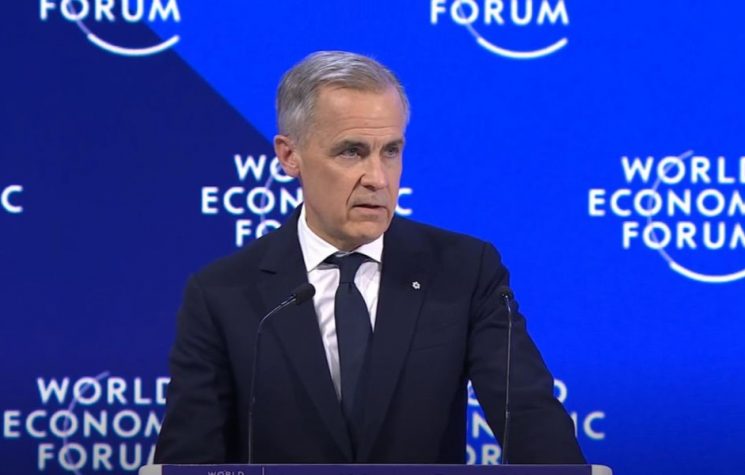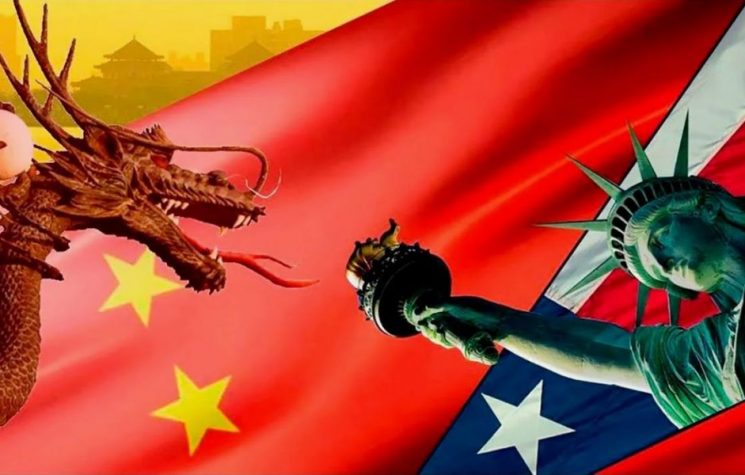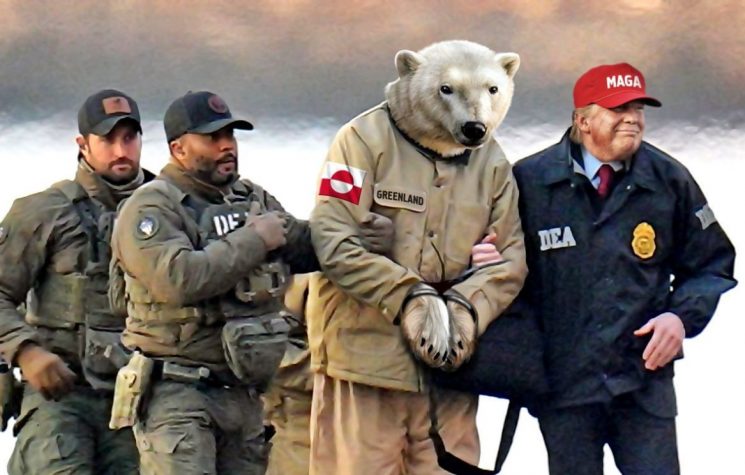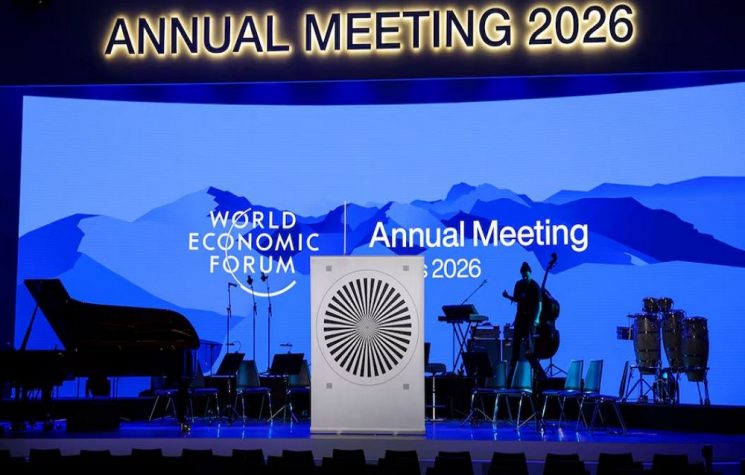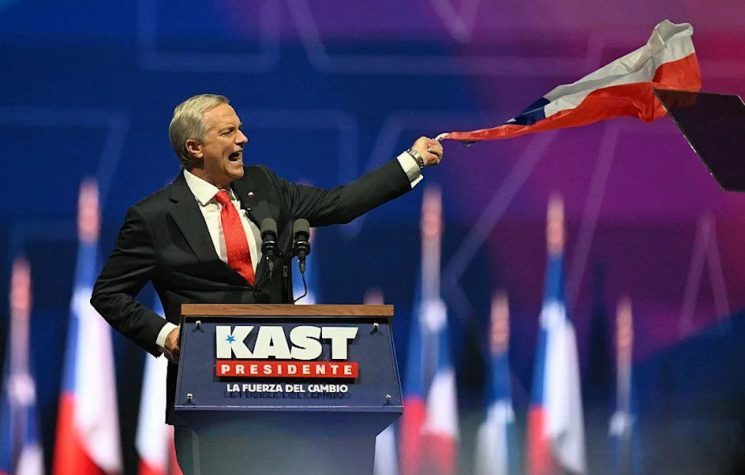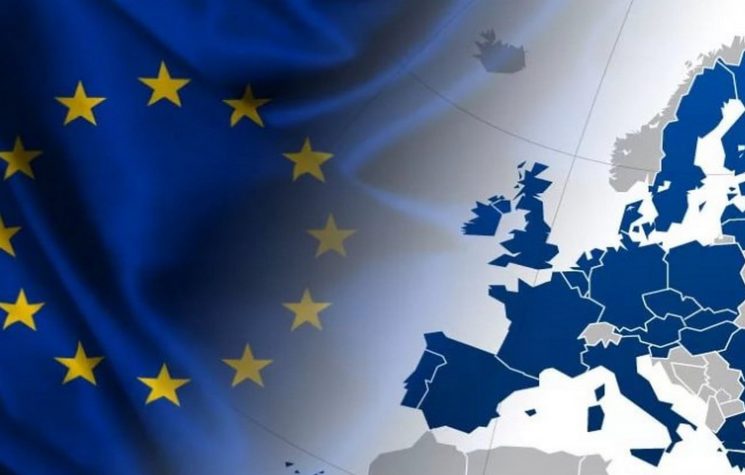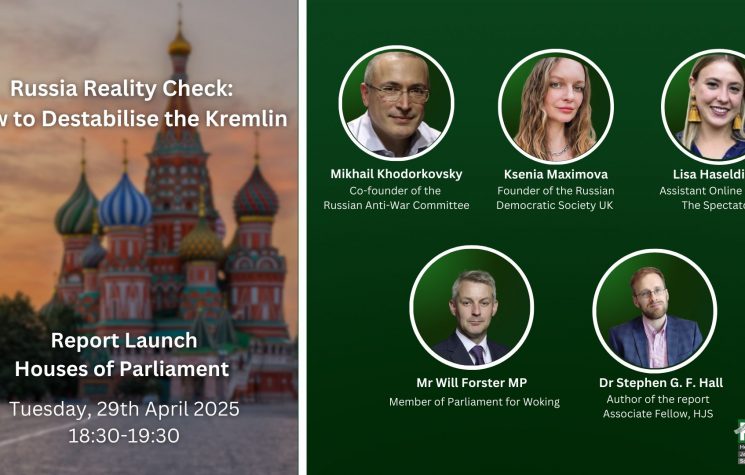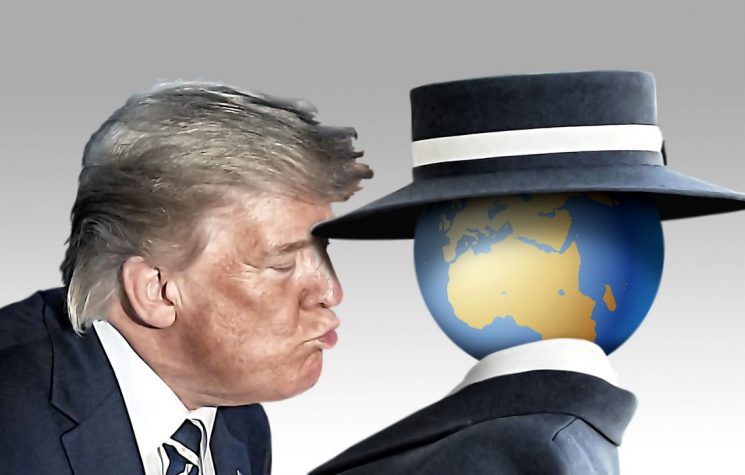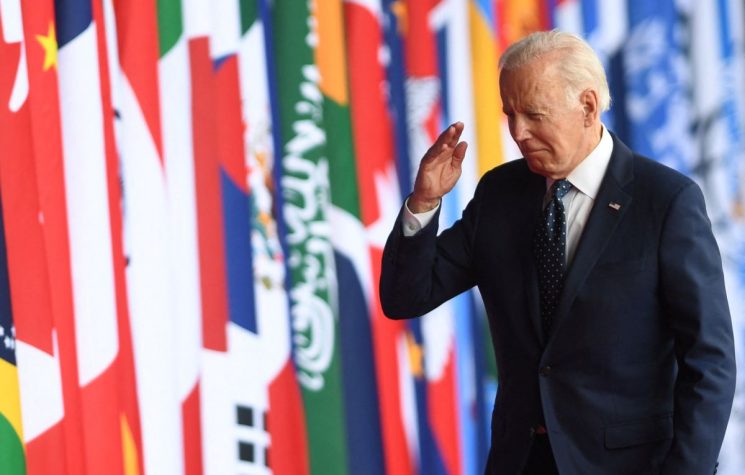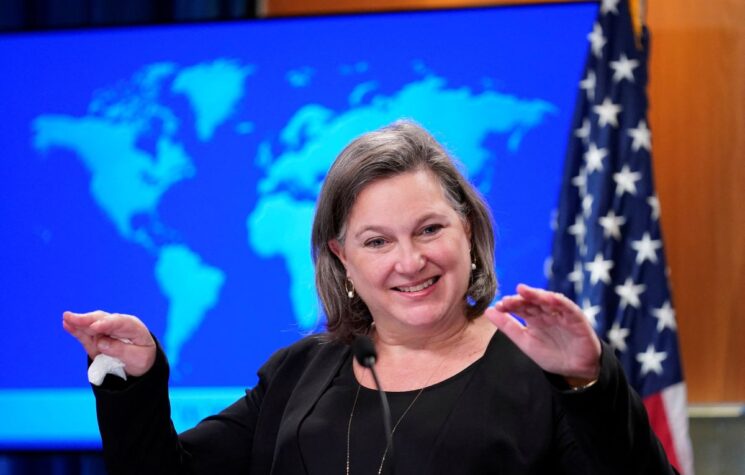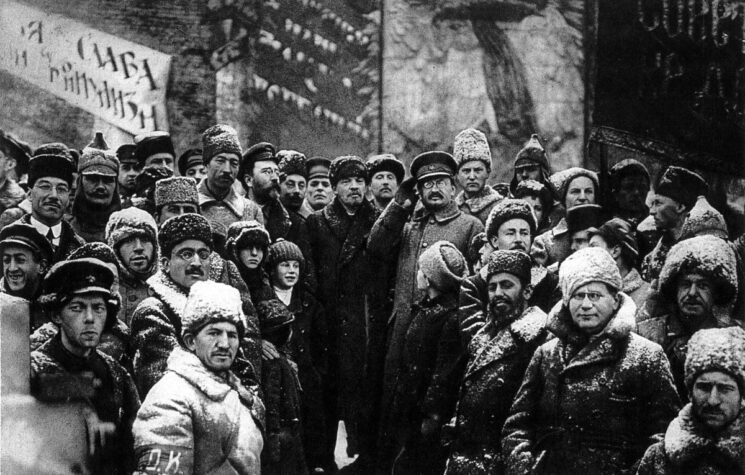In the West, and especially the USA, today, we observe an inability to imagine, understand, come to terms with or tolerate difference.
Einstein is said to have observed that insanity is doing the same thing, over and over again, and expecting a different result. What a perfect description for U.S. foreign policy since the end of the Cold War. Two decades in Iraq and Afghanistan is not enough: keep doing it. Sanctions on Russia haven’t made any difference, keep doing them. Beijing is not the least deterred by “freedom of navigation” cruises, keep doing them. Iran won’t bend to Washington’s will, keep doing the same thing.
One of the ur-neocons figured out what the problem is. Even if he didn’t realise he had: “Robert Kagan Diagnosed America’s Biggest Problem: Americans Who Don’t Want To Run the World“. What’s interesting about Kagan’s piece, actually, is the tinge of depression that runs through it – he’s actually at one of the stages of grief. When the PNAC project was announced in 1997, it was very confident indeed: its founding document – also by Kagan – Toward a Neo-Reaganite Foreign Policy – laid it out:
What should that role be? Benevolent global hegemony. Having defeated the “evil empire,” the United States enjoys strategic and ideological predominance. The first objective of U.S. foreign policy should be to preserve and enhance that predominance by strengthening America’s security, supporting its friends, advancing its interests, and standing up for its principles around the world.
The enormous web of the global economic system, with the United States at the center, combined with the pervasive influence of American ideas and culture, allowed Americans to wield influence in many other ways of which they were entirely unconscious.
And so on. The U.S. was powerful enough to do it; it could do it; it should do it: the ruler of the world – all-benevolent and all-powerful. This was the flavour of the time: History had stopped moving, the liberal order was the future, everybody knew it. Washington “stood taller and saw farther“. It was the indispensable nation.
Kagan’s piece this year – no doubt penned to celebrate the departure of Trump and the return of his wife to power – was titled A Superpower, Like It or Not. The title itself gives a hint of doubt – no longer a proud assertion, it’s a defiance.
The only hope for preserving liberalism at home and abroad is the maintenance of a world order conducive to liberalism, and the only power capable of upholding such an order is the United States.
Two decades earlier it was the promise of a better world, now it’s the fear of a worse. Obviously so – not that Kagan sees it this way – but obviously nonetheless: the past two decades have not been successful for the project. Kagan’s unacknowledged fear of the worse is hammered home again and again:
The time has come to tell Americans that there is no escape from global responsibility… the task of maintaining a world order is unending and fraught with costs but preferable to the alternative.
The U.S. is sitting on a dragon and it daren’t get off or the dragon will kill it. But because it can’t kill the dragon, it must sit on it forever: no escape. And dragon’s eggs are hatching out all around: think how much bigger the Russian, Chinese and Iranian dragons are today than they were a quarter-century ago when Kagan & Co so confidently started PNAC; think how bigger they’ll be in another.
A dispiriting state of affairs – not that Kagan is capable of perceiving it. Past failures – like the Iraq war – are brushed off as “relatively low cost” because their failure cannot be admitted: the wars must trudge on. And what’s Kagan’s advice to his fellow Americans? They must get used to shipping their children off to the forever wars because the alternative is worse. No “benevolent global hegemony” now, just sitting on dragons forever. A very gloomy outlook indeed. Doing the same thing over and over again hoping for a different outcome.
Take Russia, for example. I’ve written elsewhere about the American obsession with Putin, its complete ignorance of what’s happening in Russia. Russia and China are listed routinely as Washington greatest enemies/opponents and Russia has been on that list for a long time. NATO has expanded, Russia has been accused, Russia has been sanctioned. But Russia is still there and more powerful than ever – quite a large dragon now. To say nothing of China, a mighty dragon indeed. Here’s their latest piece of wishful thinking – separate Moscow and Beijing, maybe they can bribe Moscow by letting it have Ukraine. Andrei Martyanov eviscerates this bird-brained attempt to emulate Kissinger and Nixon.
Can one venture the thought that the Kagan/PNAC strategy of hegemonic aspirations based on military power isn’t working very well and that U.S. auctoritas is receding? From another ur-neocon source, the Atlantic Council, two writers dare to suggest that Washington should change the way it deals with Moscow: “a reality check” they call it. A minor change; well hardly any change, really. No attempt to use their supposed better vision to ascertain Moscow’s view of things, or try to envision what Moscow might want, no discussion of what Moscow regards as its grievances; no, none of that:
Instead, the Biden administration should seek to build a less aspirational policy toward Russia, minimize the use of sanctions, and look for incentives that might induce Moscow to take steps in line with U.S. interests.
Different means, same ends. Russia is still bad, “human rights” are something from the U.S. Patent Office. (Obviously the authors haven’t seen the video about police violence that Moscow is passing around.) Again the tedious assumption of superiority – indispensability – only a dim realisation that lecturing all the time isn’t working and an occasional carrot should be added to the mix. But Moscow still has to be pushed into line.
But even this milquetoast suggestion outraged twenty-two of their colleagues who issued a rebuff: “misses the mark… premised on a false assumption … disagree with its arguments and values and we disassociate ourselves from the report”. Absolutely no reason to change anything, keep doing the same thing; bound to be a different result this time. Let’s try sanctions again on the latest excuse; didn’t work before, maybe they will this time. But the more sanctions, the stronger Russia gets: as an analogy, think of sanctions on Russia as similar to the over-use of antibiotics – Russia is becoming immune.
Has there ever been a subject on which people have been so wrong for so long as Russia? How many times have they said Putin’s finished? Remember when cheese was going to bring him down? Always a terminal economic crisis. A year ago they were sure COVID would do it. A U.S. general is in Ukraine and Kiev’s heavy weapons are moving east but, no, it’s Putin who, for ego reasons – and his “failing” economy – wants the war. Why do they keep doing it? Well, it’s easy money – Putin (did we tell you he was in the KGB?) wants to expand Russia and rule forever; therefore, he’s about to invade somebody. He doesn’t, no problem, our timely warning scared him off; we’ll change the date and regurgitate it next year. In the meantime his despotic rule trembles because of some-triviality-of-the-moment. These pieces write themselves: the anti-Russia business is the easiest scam ever. And there’s the difficulty of admitting you’re wrong: how can somebody like Kagan, such a triumphantasiser back then, admit that it’s all turned to dust and worse, turned to dust because they took his advice? Much better to press on – it’s not as if anybody in the lügenpresse will call him out or deny him space. Finally, these people are locked in psychological projection: because they can only envisage military expansion, they assume the other guy is equally obsessed and so they must expand to counter his expansion. They suspect everybody of suspecting them. Their hostility sees hostility everywhere. Their belligerence finds belligerence. The hyperpower is forever compelled to respond to lesser powers. They look outside, see themselves and fear; in their mental universe the USA is arrogantly strong and fearfully weak at the same time.
Their learning curve is absolutely flat – the USA must expand into the South China Sea to stop Chinese expansion, expand up to the borders of Russia to stop Russian expansion, expand into the Gulf to stop Iranian expansion, expand into Africa because someone else might want to expand there. All of it wrapped in sickening protestations of innocence – read any State Department briefing on Venezuela – like this one from 25 February:
international champions standing up for democracy… human rights… calling for a return to democracy… accountability for these human rights abuses… millions of Venezuelans are suffering.. support the democratic aspirations of the Venezuelan people.
In their minds the USA has to move far away from its borders to defend itself; they cannot comprehend that other powers see Americans at their borders as aggression. The mighty USA is the blameless victim of other countries’ suspicions. Anyone who dares suggest trying something else is de-platformed, scorned and calumniated – we must keep failing because we cannot succeed. It’s repeated by all the West’s rulers: the walking dead.
There’s a historical curiosity here. Five hundred years ago Columbus had an idea that you could sail west to China, and he hawked it around the capitals of Europe looking for someone to bankroll him. He was wrong, as all educated people knew: China was to the west all right, but any ship would have run out of food and water and all the crew died of scurvy long before it travelled 180 degrees of latitude. Finally he found a backer, discovered the Americas (going to his death certain it was China) and all else followed. About fifty years earlier, the Chinese sailor Zheng He made enormous voyages of discovery. But the new Emperor wasn’t interested and that was that. One of the strengths of Europe in those days was its diversity – Columbus failed to sell his idea to Portugal, Genoa, Venice, England but, finally, Spain took the bet. Of the many fish in the European pond, he needed to catch only one. China, centrally ruled, had only one and his no was final.
In the West, and especially the USA, today, we observe an inability to imagine, understand, come to terms with or tolerate difference. The “diversity” being pushed today all over the West is the pseudo-diversity of different faces with the same approved thought. Today it’s the West that insists on the uniformity of the so-called Rules-Based International Order (the West makes the rules and gives the orders) while it’s China that calls for “seeking harmony without uniformity“.
The Kagans dimly perceive that things haven’t gone quite the way they were supposed to but they have no idea of what to do except more of the same. Zombies.





































